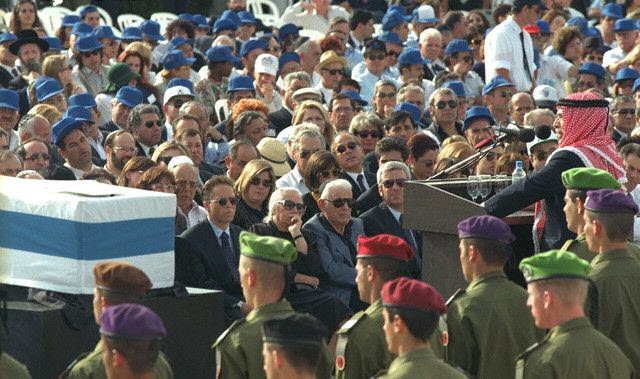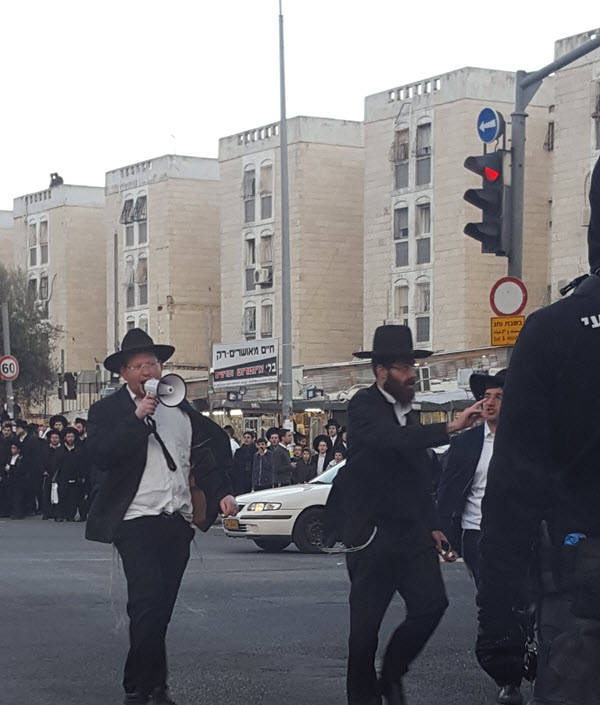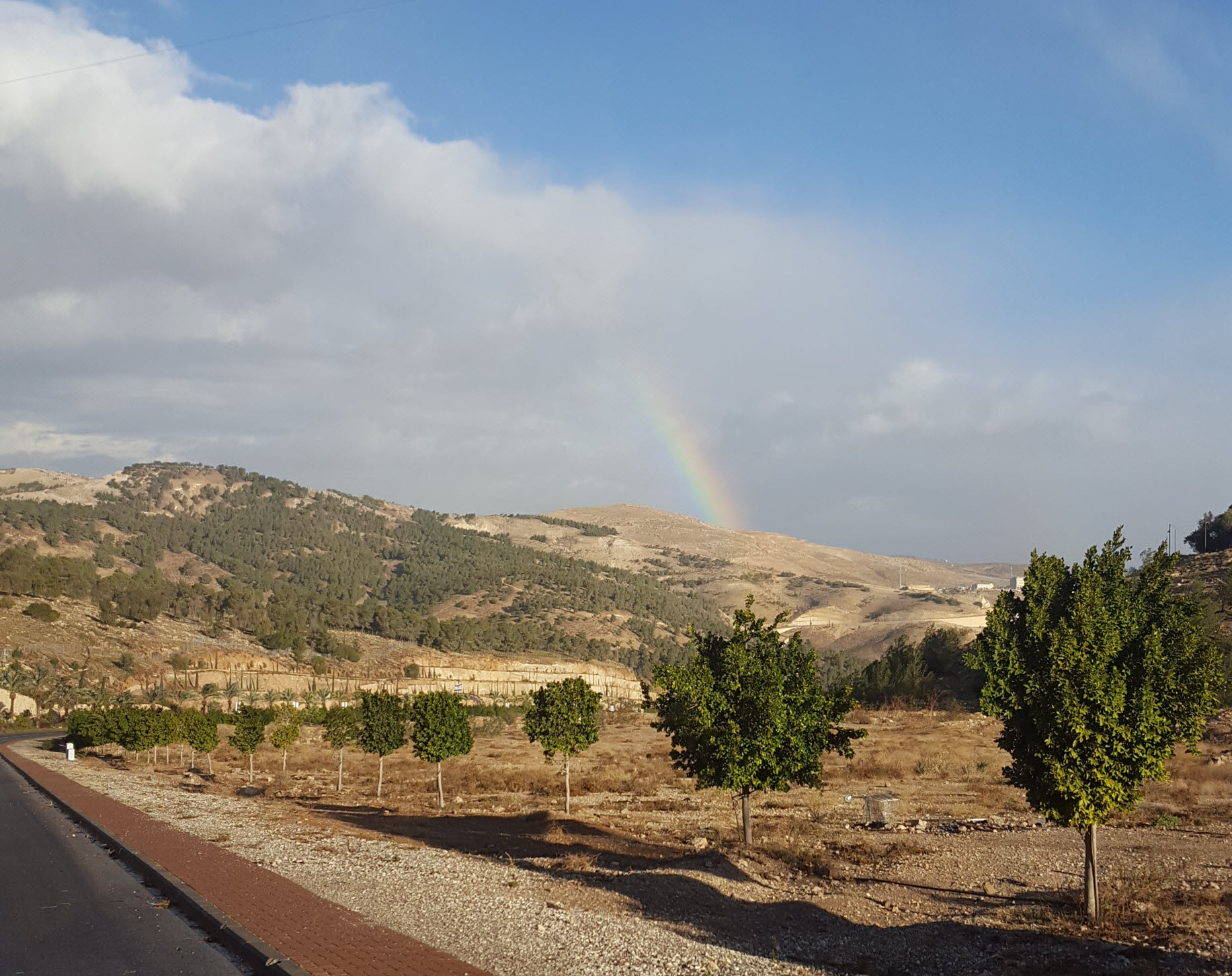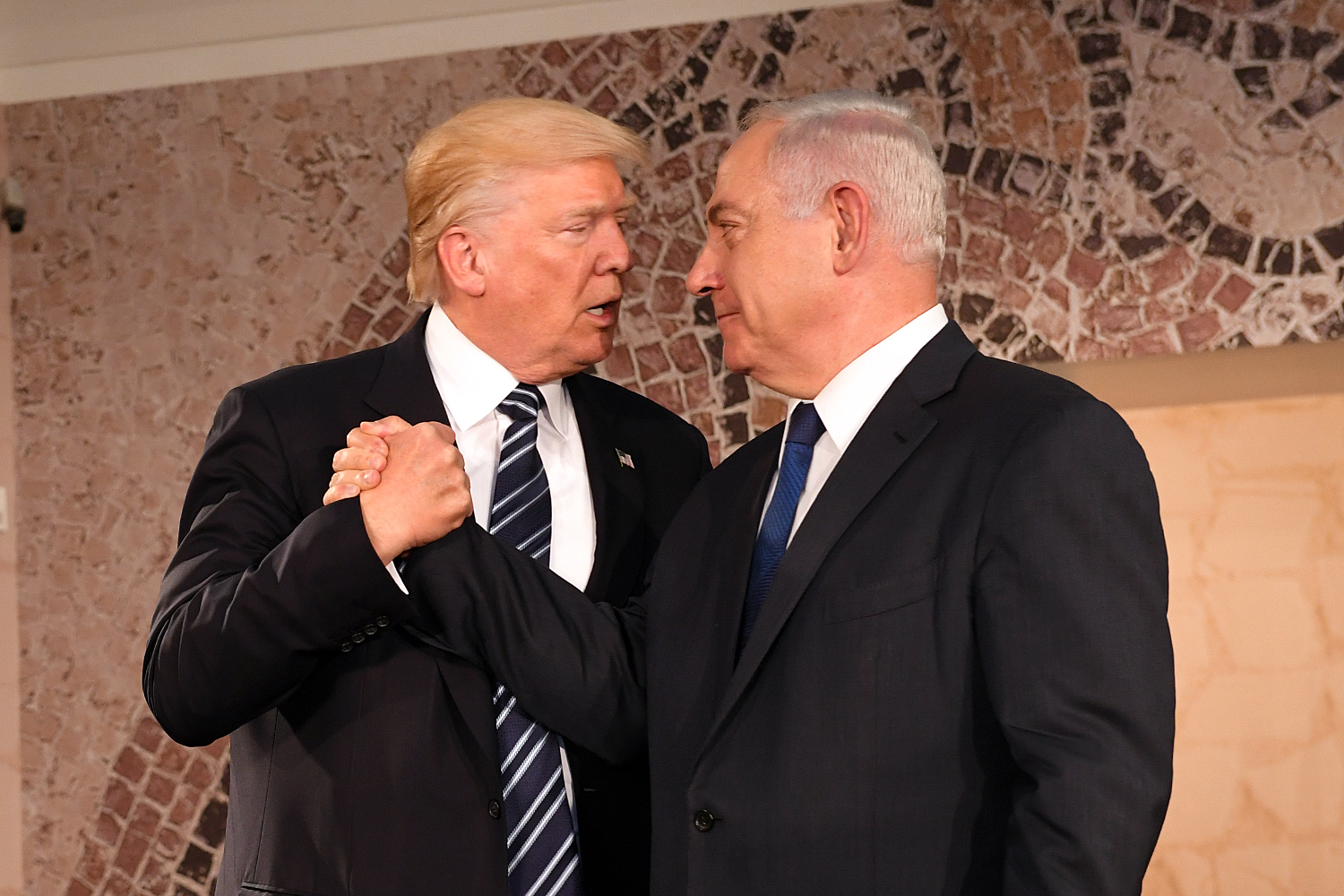
by Rabbi Nachman Kahana | Nov 1, 2017
Why did these two people merit such impressive funerals and eulogies, which serve as the model for future eulogies of two great men in Yerushalayim?
The problem is especially acute with regard to Achav, who is mentioned in the Mishna (Sanhedrin 90a) as one of the three kings who lost their place in Olam Haba, (paradise)! (The other two being Yeravam ben Navat and Menashe ben Chizkiyahu.)
It would be an understatement to say that Achav did not follow the Torah. He and his Gentile (Phoenician) wife, E’zevel (Jezebel) murdered all of the religious leaders of the northern tribes, except for 100 who were hidden in caves by the righteous Ovadia (Melachim I 18:4). Achav introduced idolatry into every Jewish home by the sword, but when he died he was interred with an astonishingly large, emotional funeral, and with loving eulogies.

by Rabbi Nachman Kahana | Oct 24, 2017
A student at the Hebrew University was noticeably affected while reading the Bible. When his professor asked what had so aroused his enthusiasm, the young man replied that it was the story of the parting of the Red Sea. The professor, who was not a Torah-observant person, told the young student to calm down because, according to the scientists, the Red Sea at that time was, at most, ten centimeters deep. A few minutes later, the young student became even more enthusiastic as he read further, and again the professor asked for the reason. The student replied, “What a great God we have. He was able to drown the entire Egyptian army in only ten centimeters of water.”

by Rabbi Nachman Kahana | Oct 17, 2017
The waters retreated and the ground began to restore its mantle of green, and the feeling that a new age had begun enveloped Noach and his family. But it was not a consummate joy, because in the back of his mind Noach harbored the fear that in the future there could be another deluge to destroy all mankind.
The Creator alleviated Noach’s fears with an assurance that He would never again cover the earth with water as a punishment for man’s evil deeds, and He decreed that the rainbow would forever serve as the symbol of this declaration.

by Rabbi Nachman Kahana | Oct 11, 2017
Rashi in his first commentary on the Torah quotes Midrash Tanchuma which poses the question that since the Torah is the book of mitzvot of the Jewish nation, it should begin with the first mitzva HaShem commanded us – to calculate and declare the new months and years. So why does it begin with the epic of Creation?

by Rabbi Nachman Kahana | Oct 1, 2017
The critical factor in any sukkah is its schach (the leafy roof), which is governed by three Halachic conditions: (1) it must be from the vegetable family (grown from the earth); (2) it must be detached from the earth at the time of use; and (3) it must be an entity that cannot acquire tuma, making bread or fruit not valid material for schach.
The Zohar (Emor 103a) and kabbalists have revealed that during Sukkot the souls of the seven great leaders of Israel – Avraham, Yitzchak, Ya’akov, Moshe, Aharon, Yosef and King David – appear in every kosher sukkah as ushpizin (guests). Some claim that each one appears individually on his respective night, while others claim that they appear together, with one serving as the leader in his respective night.

by Rabbi Nachman Kahana | Sep 25, 2017
On the wall in front of my desk there are several photos.
One of my father Z”L pondering over a Gemara. Another of my beautiful Mother at the age of 16 in the city of Dvinsk Latvia where her father was a renowned Torah scholar. A photo of our youngest son who is today a general in the IDF, receiving a citation for successfully completing a daring mission behind enemy lines by the general of the northern command.
A picture of the Lubavitcher Rebbe giving me two dollars in return for two books I had authored and presented to the Rebbe…











